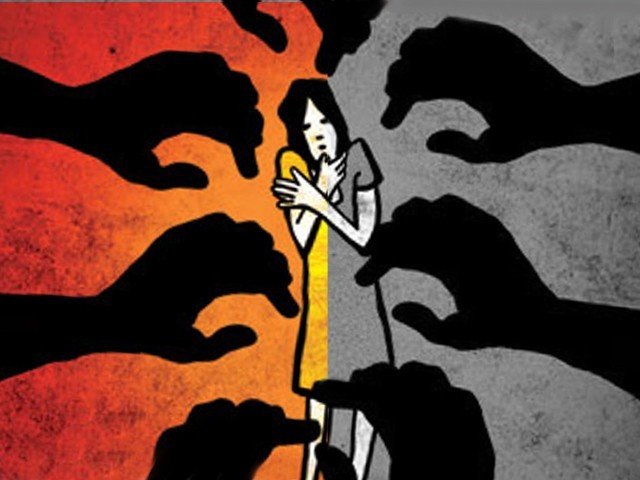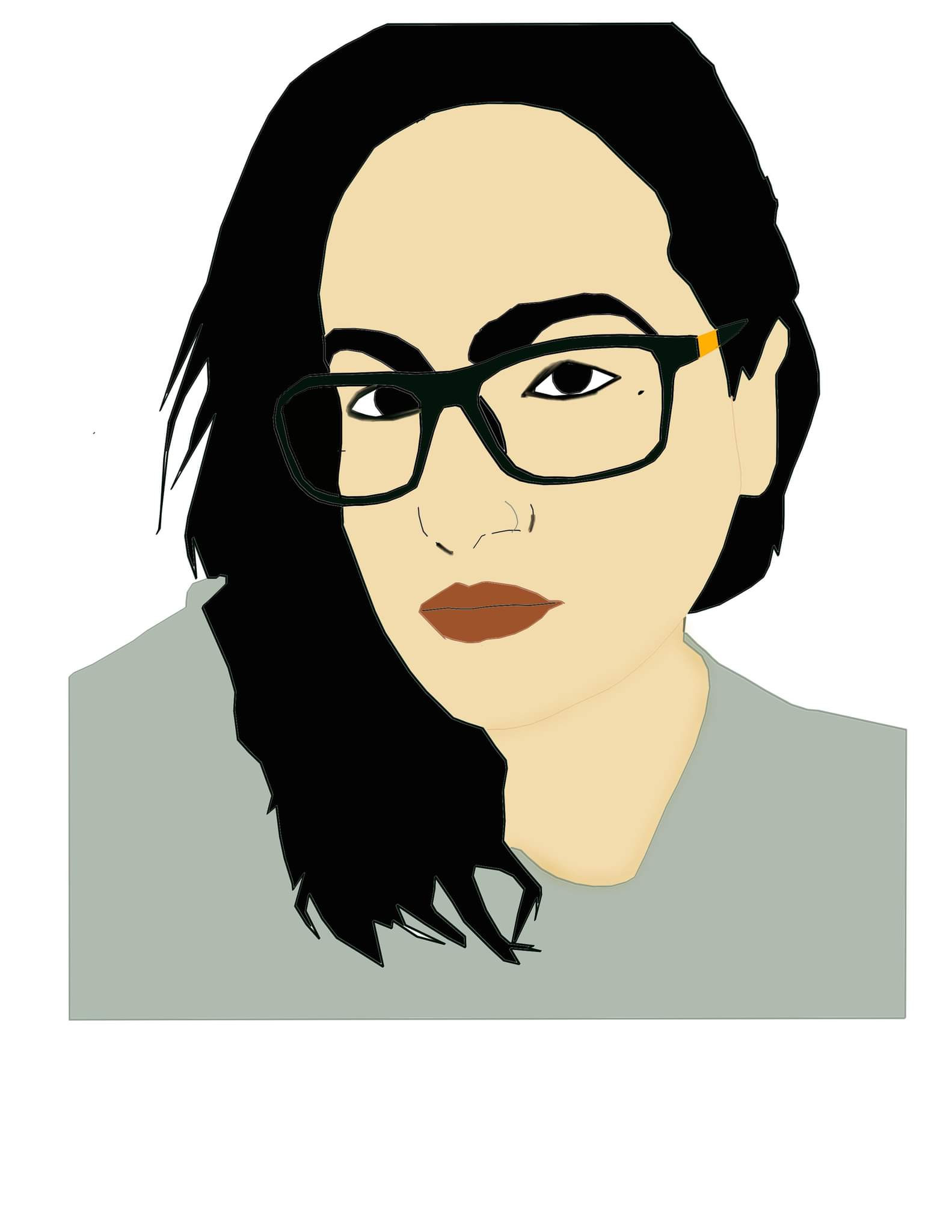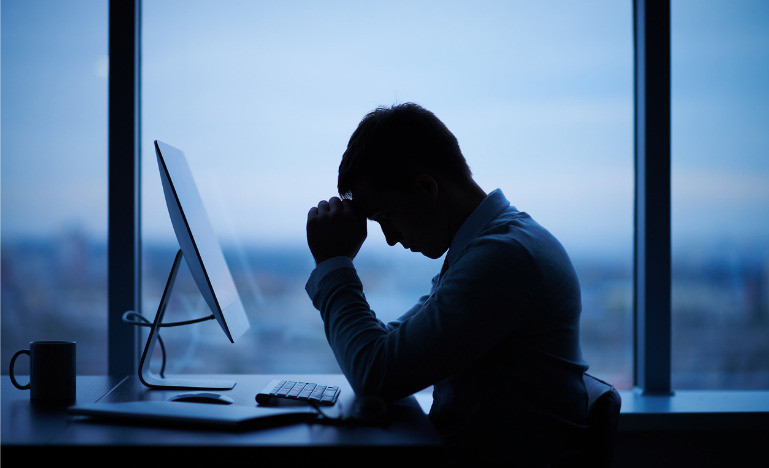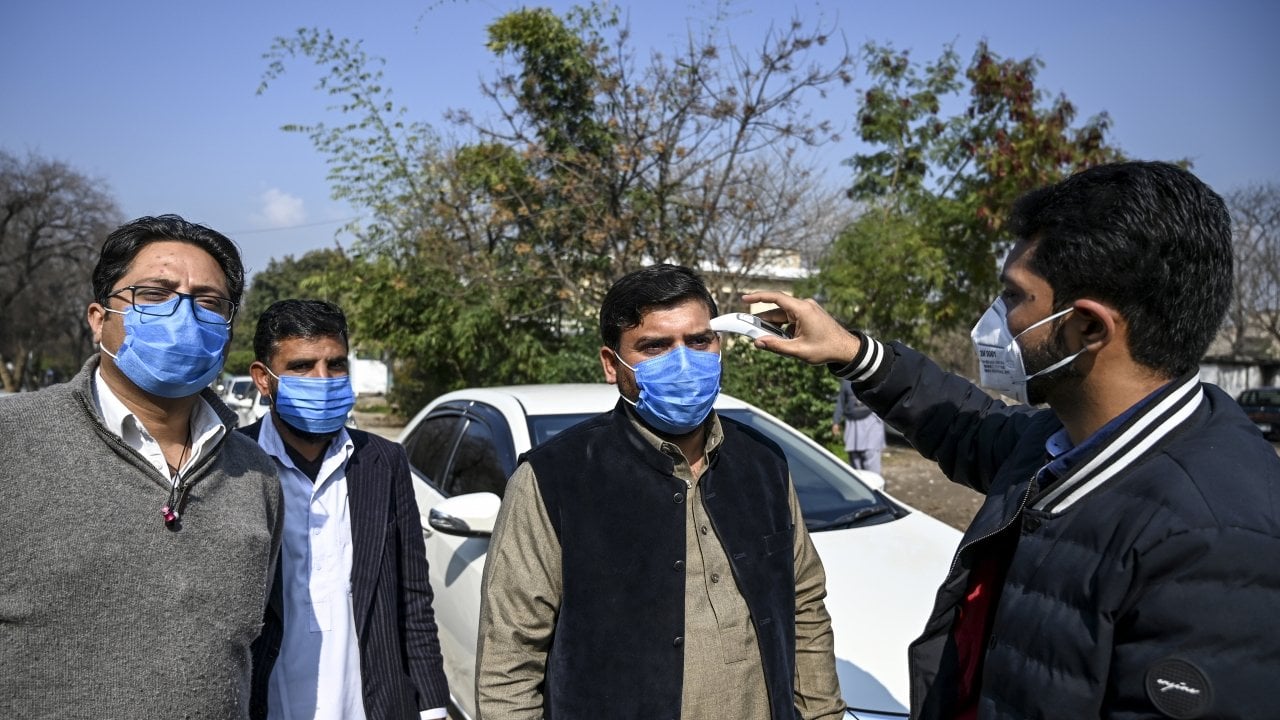
The closer you get to healing, the more it reminds you of what had happened.
Counselling survivors of rape: “Who will marry me if I’m not a virgin?”
No amount of training can prepare a therapist enough when a rape survivor voices these fears in a patriarchal setup.
It’s not easy to live life after being robbed of your sense of safety. The pain is multiplied when it reminds you of the helplessness you experienced. You cannot tell apart the physical hurt from the emotional and no amount of reassurance is enough when you know that no one can empathise with what you have been through. You find no comfort in their concern and the shoulders offered to lean on can never be enough.
You’re startled by the touch of even your loved ones and it takes a great deal of time to remember that touch was once safe and comforting. Trust never comes easily and you are perceived as a paranoid and supremely negative person. You’re not safe even in your sleep: being chased, escaping a catastrophe, breaking out of a prison and threats to your integrity are common themes of your dreams.
That’s the gist of what a rape survivor feels every single day for a very long time.
The closer you get to healing, the more it reminds you of what had happened. It takes a great deal of effort by the survivor to overcome the trauma. Healing doesn’t come easily. You cope, and they say you got fat by eating your feelings out. You cope through self-harm. You try to cope and they say you’re incapable of fidelity in relationships. Recovery seems like a board game of snakes and ladders, a chaotic amalgamation of trial and error.
When you’re a therapist in a patriarchal setup, you know that dealing with these social implications comes first if you want to help the survivor. But the dilemma is that you cannot change the setup. Often victims come for therapy in secret or the families never know the real reasons for getting therapy. Majority of the female survivors do not want their families involved. In case families know, you have to counsel them first because they too raise similar concerns:
“Who will marry her if she is not a virgin?”
“What will happen if they get to know she’s not a virgin?”
“Who will believe that she’s not a virgin because she was raped?”
No amount of training can prepare a therapist enough when a female rape survivor voices these fears in a patriarchal setup. Most of the female survivors delay their personal healing and focus on saving face.
We know that rape is a direct attack on one’s ability to find intimacy, trust and physical comfort in a relationship or marriage. Even if the mind is in denial, the body rejects intimacy and allows no pleasure or comfort. It is heartbreaking and suffocating to see that many female survivors are so oppressed by the culture that they choose to sacrifice true healing. They ask their therapist to convince them that their husbands-to-be would never find out about the ‘loss’ of their virginity in a sexual assault.
No decent human being would focus on your virginity when you tell them you have been through the most traumatic event a human can ever experience. But sadly, we are short of such decent human beings. Even if women share these accounts, they are either met with disbelief and character assassination, or the information is used against them.
Also, the sad part is that women often share it out of an obligation:
“My significant other should know everything about me.”
There is no concept of sharing the most painful memory because it hurts. No matter how painful and unfair it is, the memory has shaped you in a certain way. Talking about this is the most intimate you can get with someone and the experience of sharing is supposed to bring two people together like never before. This is not supposed to be an obligation that you have to make the person aware of.
But even those who dare to share it with their significant others, remain forever indebted:
“He is a great human being. How nicely does he treat me despite knowing that I’m a survivor. That’s why I never say no to any of his demands.”
I see this and wonder if healing from this trauma can ever be truly possible in a patriarchal society?
There are ways in which couples can be counselled together if one of them is a survivor, especially a female. The ‘schema’ of virginity and character associated with female rape survivors can be challenged in their partners, even though very few people agree for couples counselling on this issue.
Additionally, we should teach people the right ways to respond when a survivor shares their story with you. Blaming the victim, getting concerned about her virginity, disbelieving her and cross-checking the details is the worst one can do but this behaviour is sadly very common in this society.
Encourage the survivors to seek therapy, accompany them in their first visit, allow them to be angry and process their feelings at their own pace. Not only suggest but participate in learning new coping strategies with them and do not snub them when they stumble. By all means, do not encourage substance or drug abuse.
Most importantly, when they share the incident with you, be there for them and keep checking on them for a couple of days. Your disappearance or silence would put them in more misery and they may feel ashamed or experience regret for sharing it with you. If you’re not good at saying the right words, then show your concern in practical ways: courier them doughnuts and chocolates if nothing else.
It is crucial that as a first respondent to their trauma, you push them into the right direction so that self-healing comes before social implications.




COMMENTS (3)
Comments are moderated and generally will be posted if they are on-topic and not abusive.
For more information, please see our Comments FAQ